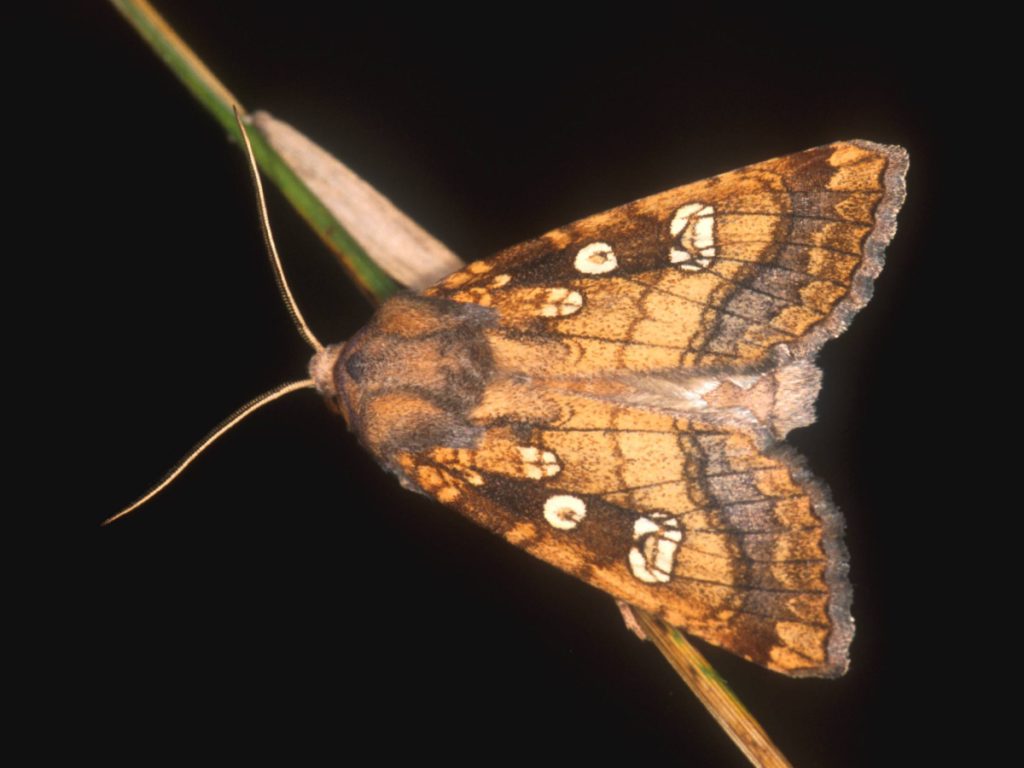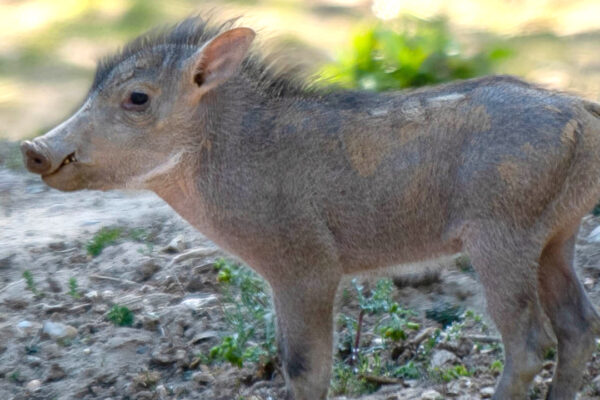Posted October 6, 2023 in News
Colchester Zoo has been shortlisted for the Great British Wildlife Restoration competition; a new one-off award scheme that recognises the incredible work being done to restore native species in the country.
Colchester Zoo is proud to be recognised for its Fisher’s Estuarine Moth project which focuses on the breeding and release of the species into newly created habitat sites around Essex.
The Fisher’s Estuarine Moth, a threatened British species (Red Data Book: Protected Species), is completely reliant on Hog’s fennel as its sole caterpillar food plant; a plant species which itself is also threatened due to rising sea levels.

In 2006, a project was set up to create a landscape-scale network of new habitat sites along the Essex coastline and, in 2008, Colchester Zoo initiated a breeding programme to provide batches of eggs annually for release onto these sites to ensure the sustainability of the programme for the long-term.
Since the releases, signs of caterpillars feeding and visual sightings of adult moths have been seen at the new sites. Each year, 50% of the new sites are surveyed and, in 2021, all except one had signs of the caterpillars feeding. Some of these have been populated by the breeding programme, but many have been colonised by the moth itself as it now naturally expands its range over its new habitat.
The Great British Wildlife Restoration, inspired by Sir David Attenborough’s Wild Isles BBC TV series, has been organised by BIAZA (British and Irish Association of Zoos and Aquariums). It will shine a spotlight on some of the amazing work taking place to tackle the drastic decline of our native species and will urge politicians to act now for our nature.

Colchester Zoo joins 21 other shortlisted projects. Collectively these projects have helped thousands of animals, habitats and ecosystems, as well as inspiring thousands of people with their stories. Species being helped include red squirrels, oysters and glow worms!
Dr Jo Judge, CEO of BIAZA, said; “We have an extraordinary shortlist of projects. They demonstrate that zoos and aquariums are not just saving exotic species but supporting wildlife on our doorstep. We have to treasure the nature we have and help it thrive. It should be widely known that BIAZA zoos and aquariums are doing just that. It’s a source of hope and something we can all be proud of.”
A new report shows British wildlife is in decline and needs serious help. The State of Nature report showed 1,500 native species are at risk of being lost and 1 in 6 species are at risk of extinction.
Zoological Director Rebecca Moore said, “Much conservation focus is giving to large, charismatic mammals, whereas invertebrates are vitally important indicators of ecosystem health and are worthy of extensive conservation support to safeguard our UK habitats. This project is a fantastic indicator of the success of an invertebrate breed and release programme, working in collaboration with various conservation organisations over the past 15 years to increase population size of this species. The captive breeding programme is now reaching its final stages as its initial aims and objectives to provide moths for release into new habitats have been achieved.”
As a shortlisted project Colchester Zoo will be invited to a prestigious awards evening at the House of the Speaker of the House of Commons in January. The winner will have received the most votes from supportive Members of Parliament or Members of the House of Lords.
Supporters of Colchester Zoo can get involved by asking their politicians to vote for the Fisher’s Estuarine Moth project and help spread the word of the work being done to help nature thrive.



